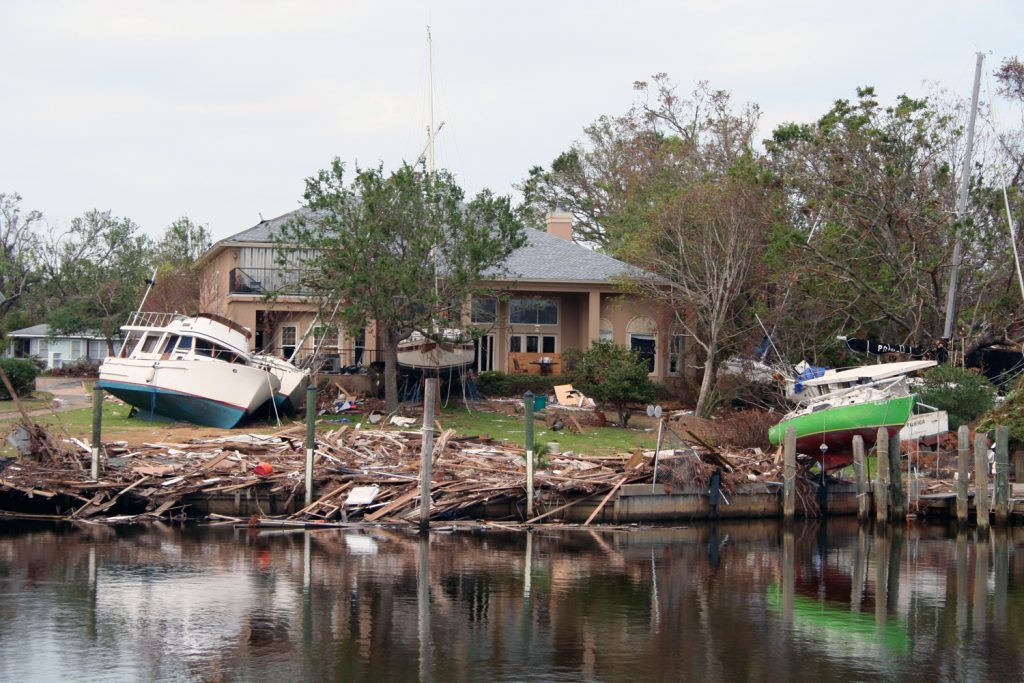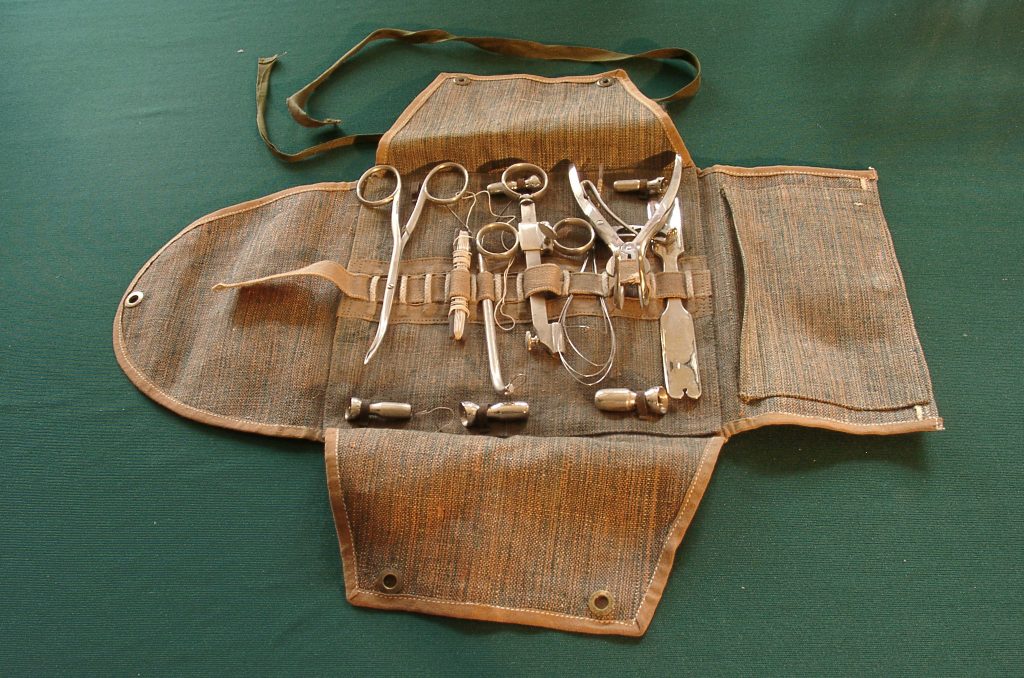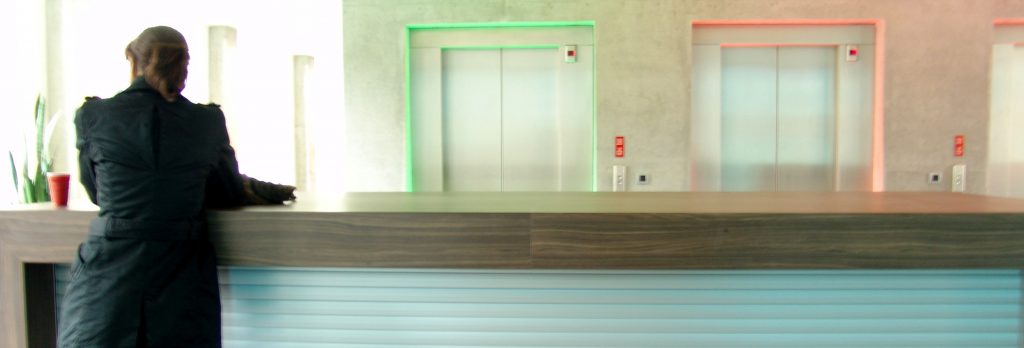 The government owes a duty to its citizens to serve their best interests. But what happens when the government breaches that duty? Can we, as citizens, sue our government for perceived wrongs it has committed? Can we recover damages? This is an especially critical issue when it comes to a government’s responsibility to its citizens in times of natural disasters, as illustrated by the following case.
The government owes a duty to its citizens to serve their best interests. But what happens when the government breaches that duty? Can we, as citizens, sue our government for perceived wrongs it has committed? Can we recover damages? This is an especially critical issue when it comes to a government’s responsibility to its citizens in times of natural disasters, as illustrated by the following case.
On August 26, 2012, in anticipation of Hurricane Isaac’s arrival, both Governor Bobby Jindal and St. John the Baptist Parish (“Parish”) President, Natalie Robottom, declared a state of emergency. Hurricane Isaac hit three days later. On October 26, 2012, sixty Parish residents (“Residents”), who suffered flood damages as a result of Hurricane Isaac, filed a class action against the Parish. The Residents alleged that the Parish was negligent and at fault for its failure to warn of the probability of flooding, its failure to declare a mandatory evacuation, and its failure to take steps to lessen the damage to the Residents.
The Parish filed an exception of no cause of action on June 24, 2014. An exception of no cause of action raises the question of whether the law provides a remedy to anyone under the facts alleged in the petition. Specifically, the Parish claimed it was entitled to immunity from the Residents’ claims under the Louisiana Homeland Security and Emergency Assistance and Disaster Act (“Act”). The Fortieth Judicial District Court Parish of St. John the Baptist held that the Parish was immune to the Residents’ claims under the Act. Accordingly, the Trial Court granted the Parish’s exception of no cause of action and dismissed the Residents’ claims. The Residents attempted to amend their petition for damages to try and overcome the immunity defense but the Trial Court denied this request. The Residents filed an appeal, arguing that the Trial Court erred in dismissing their claims based on the Parish’s immunity.
 Louisiana Personal Injury Lawyer Blog
Louisiana Personal Injury Lawyer Blog


 There are many questions involved in filing and pursuing a lawsuit. How do I file? When must I file? Against whom do I file it? What amount of damages do I seek? Most people are unaware that there are different types of damages. An attorney’s trial strategy not only plays a critical role in
There are many questions involved in filing and pursuing a lawsuit. How do I file? When must I file? Against whom do I file it? What amount of damages do I seek? Most people are unaware that there are different types of damages. An attorney’s trial strategy not only plays a critical role in  There really can be several hazards in a grocery store: rogue carts, other shoppers, scattered merchandise, to name a few. Even more common is the infamous puddle of water. Inevitably in a store full of liquids, patrons can slip and fall in a neglected puddle. But when should the grocery store (or any merchant) be required to compensate a patron for injuries sustained in a slip and fall case? This was the subject of a recent case out of Marrero, Louisiana.
There really can be several hazards in a grocery store: rogue carts, other shoppers, scattered merchandise, to name a few. Even more common is the infamous puddle of water. Inevitably in a store full of liquids, patrons can slip and fall in a neglected puddle. But when should the grocery store (or any merchant) be required to compensate a patron for injuries sustained in a slip and fall case? This was the subject of a recent case out of Marrero, Louisiana.  In November 2002, Ms. Annette Toston died at St. Francis Medical Center from complications from an underlying kidney infection. Prior to her death, Ms. Toston was a patient at E.A. Conway Hospital where physicians determined she requested a surgical procedure only available at St. Francis. Ms. Toston arrived at St. Francis on November 25, 2002, however, was not admitted until approximately fifteen hours after arrival. Ms. Toston subsequently died during the operation. Following the death of Ms. Toston, her seven children filed suit in the Fourth Judicial District Court. On July 14, 2014, the Judge entered a judgment in favor of Ms. Toston’s seven children. The written judgment assessed St. Francis with $100,000, damages and the Louisiana Patient’s Compensation Fund (“PCF”) with $400,000. The PCF automatically covers all state healthcare providers and caps the recovery of damages against a qualified healthcare provider at $100,000, plus interest per patient per incident. Any award in excess of the cap is paid directly by the PCF. St. Francis entered into a settlement agreement with Ms. Toston’s family for the $100,000, under the conditions that it would be released from all liability, and reserving all rights to proceed against the PCF.
In November 2002, Ms. Annette Toston died at St. Francis Medical Center from complications from an underlying kidney infection. Prior to her death, Ms. Toston was a patient at E.A. Conway Hospital where physicians determined she requested a surgical procedure only available at St. Francis. Ms. Toston arrived at St. Francis on November 25, 2002, however, was not admitted until approximately fifteen hours after arrival. Ms. Toston subsequently died during the operation. Following the death of Ms. Toston, her seven children filed suit in the Fourth Judicial District Court. On July 14, 2014, the Judge entered a judgment in favor of Ms. Toston’s seven children. The written judgment assessed St. Francis with $100,000, damages and the Louisiana Patient’s Compensation Fund (“PCF”) with $400,000. The PCF automatically covers all state healthcare providers and caps the recovery of damages against a qualified healthcare provider at $100,000, plus interest per patient per incident. Any award in excess of the cap is paid directly by the PCF. St. Francis entered into a settlement agreement with Ms. Toston’s family for the $100,000, under the conditions that it would be released from all liability, and reserving all rights to proceed against the PCF.  Does your homeowner’s insurance policy include coverage for libel or slander? We all make inappropriate comments and write negative reviews online from time to time. But what if you are sued for something you say or write? In a recent case out of Caddo Parish, Louisiana a dentist learned that while your policy may extend coverage for negligent acts, the insurance company may not be so willing to come to your defense for intentional acts.
Does your homeowner’s insurance policy include coverage for libel or slander? We all make inappropriate comments and write negative reviews online from time to time. But what if you are sued for something you say or write? In a recent case out of Caddo Parish, Louisiana a dentist learned that while your policy may extend coverage for negligent acts, the insurance company may not be so willing to come to your defense for intentional acts.  Cases with multiple defendants and multiple claims are typically complex and slow to resolve. Not all claims apply to all defendants, not all defenses apply to all claims or parties, etc. Furthermore, some defendants possess certain immunities which may allow for the dismissal of certain claims against that defendant before the remaining claims are even addressed. What happens if one claim is dismissed, the plaintiff wants to appeal that dismissal, yet the entire matter is still pending? This is the subject of a recent wrongful death case out of Metairie, Louisiana.
Cases with multiple defendants and multiple claims are typically complex and slow to resolve. Not all claims apply to all defendants, not all defenses apply to all claims or parties, etc. Furthermore, some defendants possess certain immunities which may allow for the dismissal of certain claims against that defendant before the remaining claims are even addressed. What happens if one claim is dismissed, the plaintiff wants to appeal that dismissal, yet the entire matter is still pending? This is the subject of a recent wrongful death case out of Metairie, Louisiana.  In any lawsuit, the party seeking relief must carry its burden by proving every element of the claim or claims which it has raised. By doing so, the party satisfies to the court that it is entitled to the relief which it seeks. One such element pivotal to all claims for workers’ compensation benefits is that the alleged injury arose out of and during employment. Proving a work-related injury solely on the injured person’s testimony can, however, doom a workers’ compensation case. This is a lesson that workers’ compensation claimant Isaac Garcia, who worked for Rouses Market in Metairie, Louisiana, learned the hard way.
In any lawsuit, the party seeking relief must carry its burden by proving every element of the claim or claims which it has raised. By doing so, the party satisfies to the court that it is entitled to the relief which it seeks. One such element pivotal to all claims for workers’ compensation benefits is that the alleged injury arose out of and during employment. Proving a work-related injury solely on the injured person’s testimony can, however, doom a workers’ compensation case. This is a lesson that workers’ compensation claimant Isaac Garcia, who worked for Rouses Market in Metairie, Louisiana, learned the hard way. Upon entering a facility for medical treatment, we all hope that we will be treated properly. However, what happens when a medical or health care professional deviates from the profession’s standards? What happens if there is a mistake in the diagnosis or treatment? Such victims certainly have an opportunity to seek redress however sometimes a jury verdict can prove disappointing. This case out of Jefferson Parish demonstrates what happens when a trial court jury does not get the proper instructions necessary for deciding a complex medical malpractice claim in Louisiana.
Upon entering a facility for medical treatment, we all hope that we will be treated properly. However, what happens when a medical or health care professional deviates from the profession’s standards? What happens if there is a mistake in the diagnosis or treatment? Such victims certainly have an opportunity to seek redress however sometimes a jury verdict can prove disappointing. This case out of Jefferson Parish demonstrates what happens when a trial court jury does not get the proper instructions necessary for deciding a complex medical malpractice claim in Louisiana.  What starts out as an entertaining night out for a concert with friends, ends with painful injuries. Instead of enjoying your favorite music with companions, you must go to the hospital to treat injuries sustained due to negligent maintenance of the concert venue. You are now recovering from your injuries and are faced with medical expenses. You know that you shouldn’t be responsible for the medical bills; after all, you are hurt because someone failed to do their job. But who exactly is responsible? Determining the party responsible for personal injuries was a recent issue in a case out of Baton Rouge.
What starts out as an entertaining night out for a concert with friends, ends with painful injuries. Instead of enjoying your favorite music with companions, you must go to the hospital to treat injuries sustained due to negligent maintenance of the concert venue. You are now recovering from your injuries and are faced with medical expenses. You know that you shouldn’t be responsible for the medical bills; after all, you are hurt because someone failed to do their job. But who exactly is responsible? Determining the party responsible for personal injuries was a recent issue in a case out of Baton Rouge.  School bullying is a commonly discussed problem in our generation. Parents are often faced with dilemmas on how to protect their children and instruct them in dealing with bullies at school. In earlier eras perhaps this was considered a problem for the individual family to bear alone. In a recent case out of Plain Dealing, Louisiana however, the Louisiana Second Circuit Court of Appeal affirmed that school teachers and the school board can now be held liable for such bullying and its effects.
School bullying is a commonly discussed problem in our generation. Parents are often faced with dilemmas on how to protect their children and instruct them in dealing with bullies at school. In earlier eras perhaps this was considered a problem for the individual family to bear alone. In a recent case out of Plain Dealing, Louisiana however, the Louisiana Second Circuit Court of Appeal affirmed that school teachers and the school board can now be held liable for such bullying and its effects.